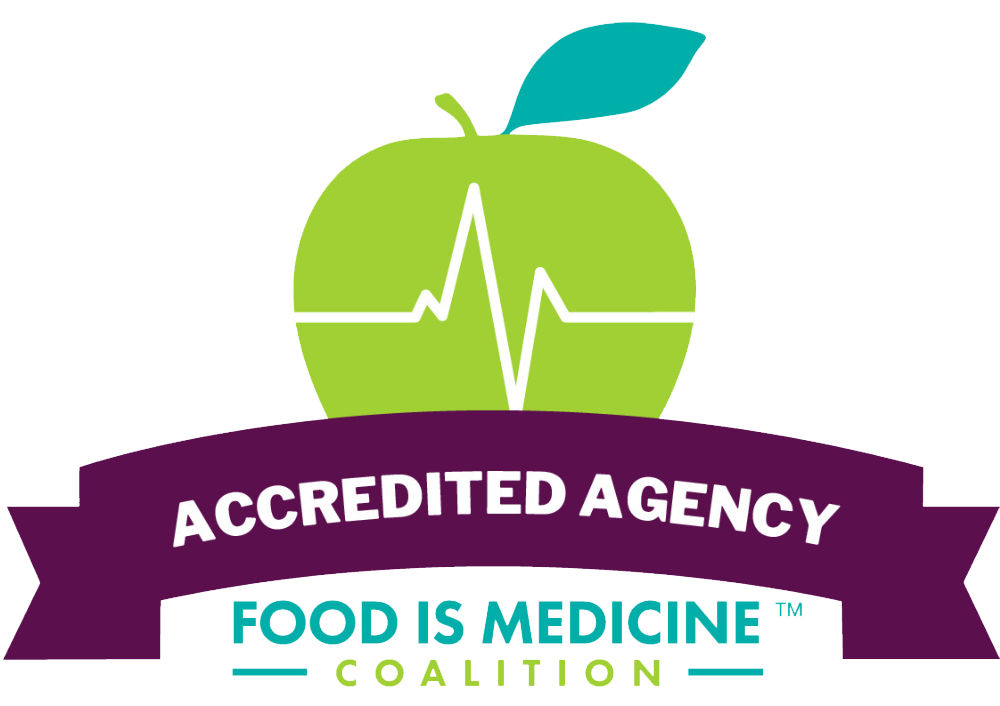By Ethan Ouimet, MS, RDN, LDN
“Trust your gut!” is a piece of advice we have all received. Many of us have also described the feeling of having “butterflies” in our stomach before a first date or presentation. But why is it that we are taking such meaningful instruction from our bellies, when our brain is planted firmly in our skulls?
The reason is that you have a second brain located in your gut, which is in constant communication with the brain and the rest of the body.
Presenting: Your Other Brain
This second brain is called the gut microbiome, a collection of trillions of bacteria, both “good” and “bad,” that influences almost every bodily system. This includes but is not limited to metabolism and weight management, immune function, digestion, blood sugar control, and even our mental health! Having an improper balance of good and bad bacteria may lead to increased risk for chronic inflammation, diabetes, inflammatory bowel disease, and poor immune function.
As you may have guessed, many factors impact the type and amount of certain bacterium we have in our gut. Several of those factors are outside of our control, such as being breast- or bottle-fed as a baby. However, there are many lifestyle modifications we can make to help promote the growth of “good” bacteria and keep those “bad” bacteria in check. One way to increase the amount and survival of healthy gut bacteria is to make probiotic and prebiotic foods a regular part of your diet.
Types of Pro- and Prebiotic Foods
Probiotic foods contain living beneficial bacteria that are added to the bacteria living in your gut. Probiotic foods include:
- Yogurt with live active cultures
- Kefir
- Pickled vegetables, such as pickles, kimchi, sauerkraut, and more
- Kombucha
- Cheeses, such as Swiss, provolone, Gouda, cheddar, and cottage
Cheese can be high in sodium, calories, and fat, and pickled vegetables can be high in sodium. Try to eat these foods in smaller quantities.
Prebiotic foods, on the other hand, provide food for the beneficial bacteria to keep them thriving. Examples of prebiotics include high-fiber foods, such as:
- Beans
- Broccoli
- Whole grains, such as oatmeal, quinoa, brown rice, and whole-grain bread
- Bananas
- Garlic
- Artichokes
- Apples
- Asparagus
- Onions
- Peas
Managing Stress Helps the Gut, Too
The gut and the brain are constantly communicating through a pathway in the nervous system called the gut-brain axis. Communication is bidirectional, meaning the brain creates chemical messengers to send to the gut, and vice versa. The types of chemical messengers produced can have a significant impact on both our physical and mental health. For example, the gut microbiome is responsible for creating hundreds of chemicals to help regulate mental processes, such as memory, learning, and mood. This includes the creation of 95% of the body’s supply of serotonin, which plays a role in mood stabilization and creating feelings of happiness. Needless to say, keeping our gut healthy goes a long way toward promoting the production of hormones that help us feel our best.
Conversely, our psychological status can also alter our gut health. During periods of stress, the brain triggers the production of a hormone called cortisol, which causes a “fight-or-flight” response in the nervous system. High levels of cortisol can negatively impact the gut, including decreased blood and oxygen flow, stomach cramps, inflammation of the intestinal tract, and gut bacteria imbalance.
It can benefit your body overall to find ways to reduce stress, such as:
- Exercise
- Reading
- Spending time with friends and family
Inadequate sleep can also increase stress and cortisol levels, so make sure you’re sleeping 7 to 8 hours per night.
Overall, regularly including probiotic and prebiotic foods in your diet, managing stress, and getting enough sleep can lead to better moods, brain function, immune health, reduced inflammation, and overall better mental and physical health!


